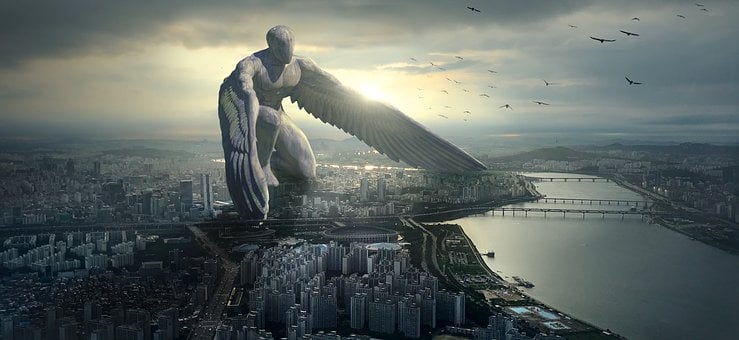Catholics are now the majority in Northern Ireland, according to the results of a census published Thursday, a historic reversal in this British province marked by interreligious conflicts and likely to encourage supporters of reunification with the Republic of Ireland.
Northern Ireland was born 101 years ago with a geographical division ensuring a Protestant majority there and thus power to the unionists, supporters of attachment to the United Kingdom. In the rest of the island, now the Republic of Ireland, Catholics are the majority.
Now, 42.3% of the population of Northern Ireland identify as Catholic, compared to 37.3% as Protestant or other Christian religions, according to the results of this census published by the Statistics and Research Agency of Ireland. Northern Ireland (Nisra).
At the last census in 2011, 48% of the population identified as Protestant and 45% as Catholic or other Christian religions. In 2001, 53% of the inhabitants said they were Protestant, 44% Catholic.
More broadly, 45.7% of Northern Irish people say they are Catholic or raised in the Catholic religion, when 43.5% say they are Protestant or raised in this religion. The number of people claiming no personal religious affiliation or in their education jumped to 9.3%.
Calls for greater equality between Protestants and Catholics – mostly in favor of reunification with the Republic of Ireland – had been one of the first sources of violence in the context of the three decades of “trouble”. After 3,500 deaths, they ended with the Good Friday Agreement in 1998, which established power sharing between communities.
The results of the census could thus put back on the table a reunification of the province with the Republic of Ireland.
Already in May, the Republicans of Sinn Fein, a former political branch of the IRA paramilitaries and supporters of reunification, won local elections in Northern Ireland for the first time.
Sinn Fein Vice President Michelle O’Neill welcomed “a clear sign of historic change taking place on this island and the diversity of society”.
New elections?
Ahead of the result, Unionists had tried to downplay what a Catholic majority would mean on whether an independence referendum would be held. But according to the Good Friday agreement, London must hold a referendum “if it appears likely to them that a majority of voters would express the wish that Northern Ireland should no longer be part of the United Kingdom”.
Since May, the main unionist party, the DUP, has blocked the executive by refusing to share power with Sinn Fein until the post-Brexit provisions applying in the province are modified, believing that the customs border created from made between Northern Ireland and Great Britain threatens the integrity of the United Kingdom.
In an attempt to calm tensions, British Prime Minister Liz Truss, who was at the time chief diplomat, introduced legislation to unilaterally change provisions of the Brexit deal, straining relations with the European Union but also with Joe Biden, of Irish origins.
At the same time, the new British Minister in charge of Northern Ireland, Chris
Heaton-Harris, called on Unionists to return to the local Assembly by October 28, failing which new elections could be called.
The division between Protestants and Catholics hides a diversity of opinions: the Alliance party, the province’s third political force, is supported by the middle class of both communities and defends the idea of a status quo.
A census question also asks respondents what national identity they claim: 31.8% feel “only British”, down sharply from 40% ten years ago; 29.1% feel only Irish; and 19.7% answer only Northern Irish.
In addition to these tensions in Northern Ireland, the British government is also facing the desire for independence in Scotland, relaunched by Brexit, where the local government wants to organize a new referendum next year.
Source: AFP
Catholics are now the majority in Northern Ireland, according to the results of a census published Thursday, a historic reversal in this British province marked by interreligious conflicts and likely to encourage supporters of reunification with the Republic of Ireland. Northern Ireland was born 101 years ago with a geographical division including…

